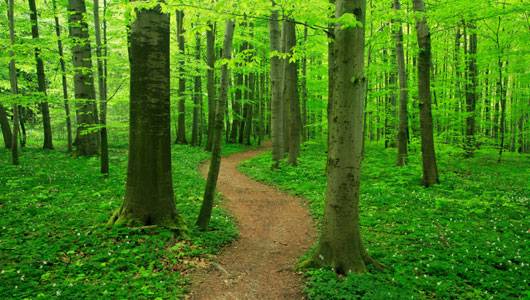Last Updated on April 4, 2022 8:54 pm by INDIAN AWAAZ

Vinit Wahi
The National Forest Policy 1988 envisages having a minimum of one-third of the total land area of the country under forest or tree cover. Continuous efforts are being made to achieve the goals as envisaged in the National Forest Policy and over the years the Forest and Tree cover of the country has been showing a positive trend. This increase may be attributed to plantation/ afforestation activities, better conservation and protection measures, natural regeneration and enhancement of existing forests.
The Forest Cover reported in India State of Forest Report does not make any distinction between the origin of tree crops (whether natural or manmade) or tree species, and encompasses all types of lands irrespective of their ownership, land use and legal status. Thus all the tree species along with bamboos, fruit bearing trees, coconut palm trees etc. on all the areas including forest, private, community, government or institutional land where coverage is more than one hectare and canopy density is more than 10% are termed as Forest Cover.
As per decision 19/Conference of Parties (CoP) 9-Kyoto Protocol, the forest can be defined by any country depending upon the capacities and capabilities of the country as follows:-
Forest- Forest is defined structurally on the basis of crown cover percentage: Tree crown cover- 10 to 30% (India 10%), minimum area of stand: area between 0.05 and 1 hectare (India 1.0 hectare) and Minimum height of trees: Potential to reach a minimum height at maturity in situ of 2 to 5 m (India 2m) and India’s definition of forest for India State of Forest Report (ISFR) purposes has been taken on the basis of above three criteria only and very well accepted by United Nations Framework Convention on Climate Change (UNFCCC) and Food and Agriculture Organization (FAO) for their reporting/communications.
This information was given by the Minister of State for Environment, Forest & Climate Change, Ashwini Kumar Choubey in a written reply in Lok Sabha today.
